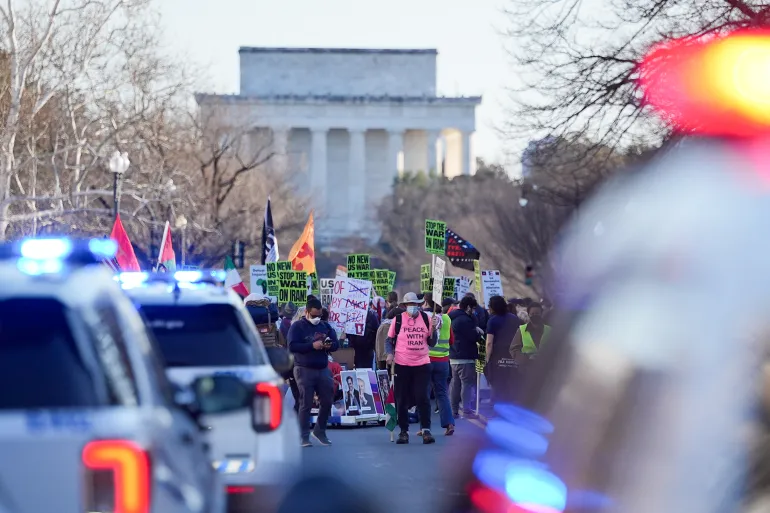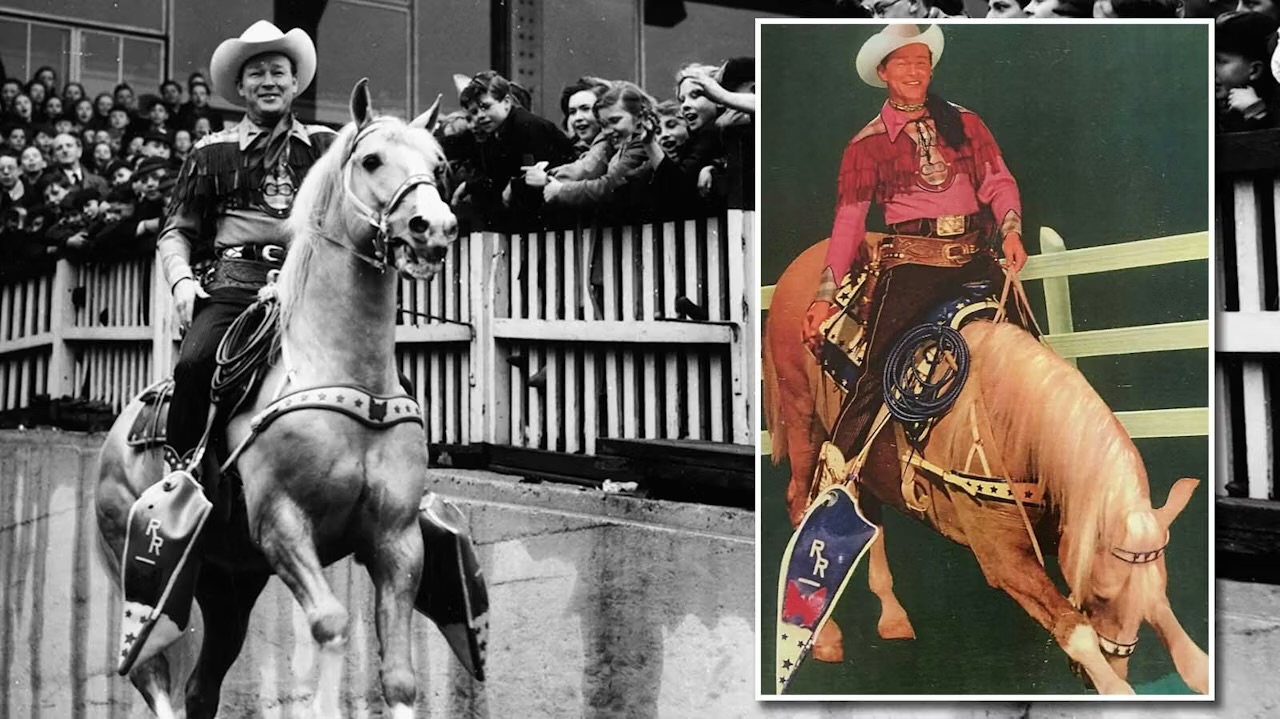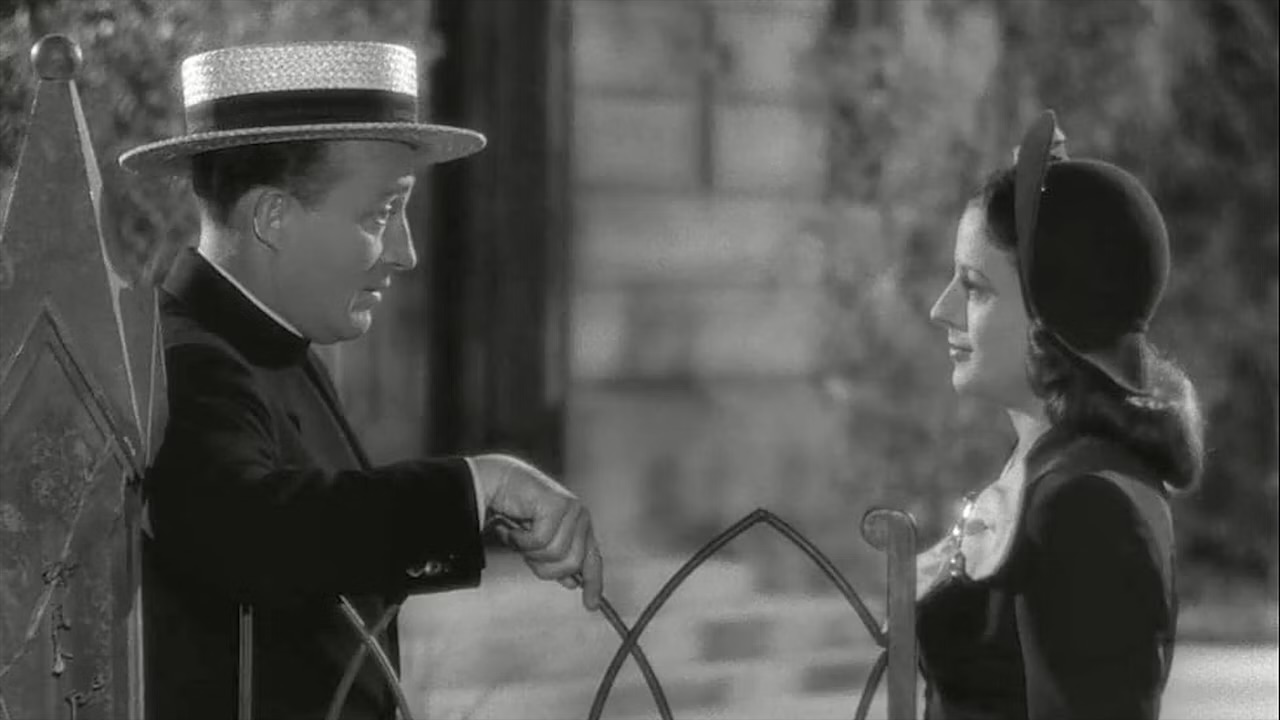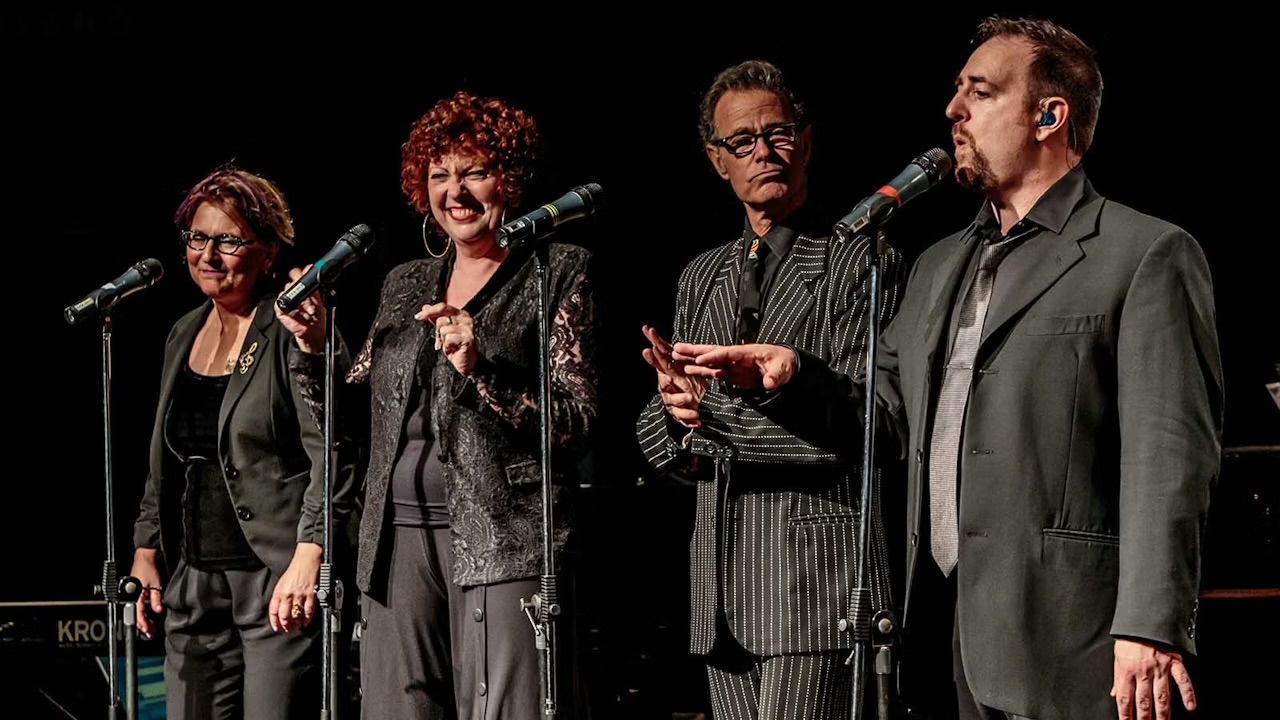Armenia’s domestic landscape is tilting toward a dangerous kind of authoritarian orderб one dressed in the language of democracy, but sustained by fear and suppression. The Armenian National Congress (ANC) this week called for national unity to “preserve Armenia’s independence and restore democracy,” urging the immediate release of political prisoners and an end to what it called Prime Minister Nikol Pashinyan’s “campaign against the Armenian Apostolic Church.”
“Pashinyan knows perfectly well that in the midst of a campaign against the Armenian people’s identity, initiated at Azerbaijan’s behest, he has no chance of being freely and fairly re-elected,”— Armenian National Congress statement
The ANC accused the government of manufacturing “an atmosphere of fear” to eliminate opponents and stage elections under repressive conditions. That accusation is becoming harder to dismiss.
The Church under fire
Over the past months, the government has targeted dozens of clergymen and church figures in what many observers see as a coordinated campaign to neutralize one of Armenia’s last independent moral authorities.
On June 26, the Investigative Committee announced the arrest of 17 members of the “Sacred Struggle” movement, including Archbishop Bagrat Galstanyan, its leader, on charges of terrorism and attempted power seizure. Other detainees include senior priests, a retired colonel, and a former Artsakh lawmaker.
In September, a Yerevan court sentenced Archbishop Mikael Adjapahyan, head of the Shirak Diocese, to two years in prison for “public calls to seize power.” His arrest, initially justified as a preventive measure, has effectively become a political message.
By mid-October, police raided the Aragatsotn Diocese, detaining 13 priests and several lay staff. Bishop Mkrtich Proshyan was charged with “obstructing electoral rights” and “interfering with rallies,” and placed under a two-month detention order. The sweep extended even to the diocese’s accountant.
Such prosecutions, framed as criminal matters, bear the hallmarks of political repression, a systematic attempt to silence the Church, long a cornerstone of Armenian identity and civil resistance.
The case of Samvel Karapetyan
The government’s pressure campaign hasn’t stopped at the clergy. Business magnate and philanthropist Samvel Karapetyan, president of the Tashir Group, was arrested in June after publicly aligning himself with the Church and saying, “If politicians fail, we are ready to take part in our own way.” Authorities charged him with “calls to seize power” and later added tax evasion and money laundering allegations, a familiar escalation in politically motivated cases. His detention was extended again this week.
Pashinyan has dismissed accusations of hostility toward the Church.
“There are no attacks on the Armenian Apostolic Church on my part,” he said, adding that “the Catholicos and the Church are not identical” and recalling that past Catholicoi had been deposed without the Church “falling apart.”
The remark landed as a clear political statement: the Church is not untouchable, and its leaders are not beyond state discipline.
Between Baku’s shadow and Yerevan’s fear
The ANC’s warning that Pashinyan is pursuing a policy “at Azerbaijan’s instruction” taps into a deepening sense of national anxiety. Since the 2020 Nagorno-Karabakh defeat and the subsequent territorial concessions, many Armenians feel their government is eroding the very identity it claims to protect.
The Church, long intertwined with Armenia’s sense of continuity and survival, is now being framed as an obstacle to Pashinyan’s “modernization.” In practice, it looks more like the systematic dismantling of an independent institution, one capable of mobilizing moral resistance at a time when political opposition is fragmented and fearful.
If Pashinyan’s intent was to project stability ahead of possible elections, the result has been the opposite: a deepening crisis of legitimacy. Each priest arrested, each dissenting voice silenced, reinforces the perception of a leader who governs not through confidence, but through coercion.
Armenia, the world’s first Christian nation, now finds itself at a crossroads, between democratic renewal and creeping autocracy. The government’s actions against the Church and civic dissent may soon determine which path prevails.










The latest news in your social feeds
Subscribe to our social media platforms to stay tuned